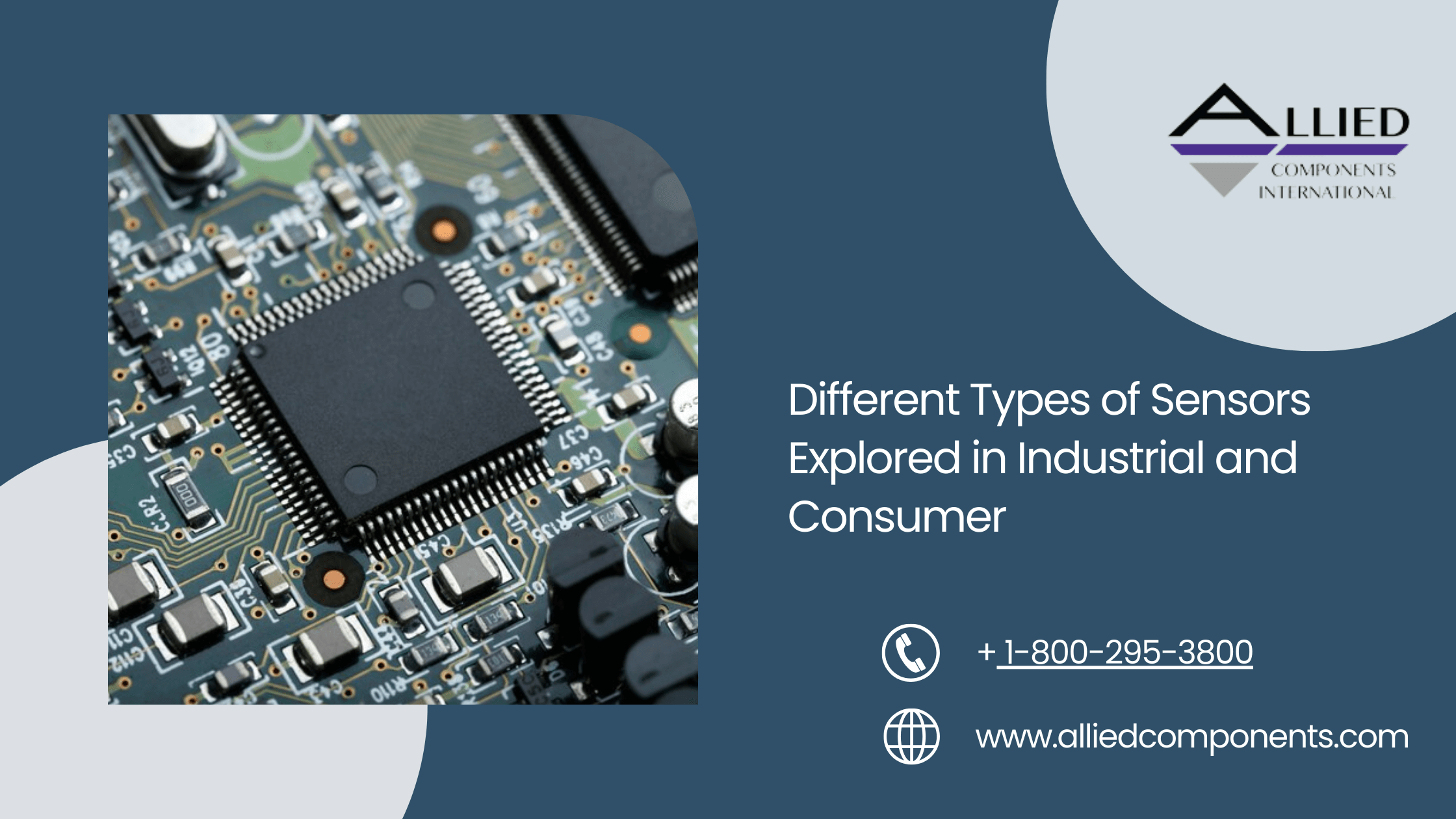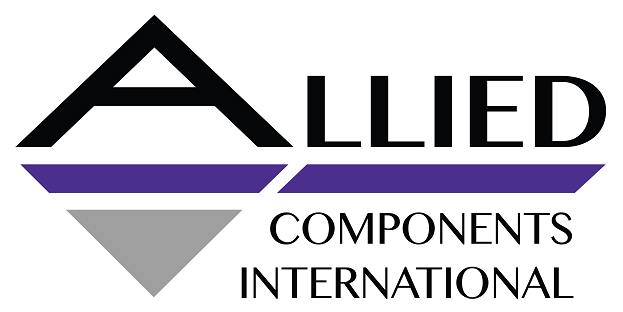Different Types of Sensors Explored in Industrial and Consumer

In the age of technology, sensors are the quiet powerhouses that shape our daily lives and drive industrial progress. These innovative devices enable the monitoring and control of various processes, ensuring efficiency, safety, and precision. Whether in industrial settings or our devices, sensors play a crucial role.
In this article, we will explore the world of sensors, examining their significance in industrial and consumer applications.
Understanding Industrial Sensors
Industrial sensors are the foundation of modern manufacturing. They collect important data for machine operation, safety, and quality control. When selecting industrial sensors, several key factors must be considered, including accuracy, reliability, and the environmental conditions they will face.
Types of Industrial Sensors
- Temperature Sensors: Temperature sensors are essential in industries demanding precise control, like chemical manufacturing and food processing. Common types include thermocouples and resistance temperature detectors (RTDs). Accurate temperature measurements are crucial for product quality and safety.
- Pressure Sensors: Pressure sensors find applications in hydraulic systems, industrial pumps, and pneumatic machinery. Types include piezoelectric, capacitive, and strain gauge sensors. Monitoring pressure is vital for preventing leaks and maintaining equipment efficiency.
- Level Sensors: Level sensors monitor liquid or solid levels in tanks or vessels. Examples include ultrasonic, capacitive, and float sensors. These sensors assume a vital and indispensable function within sectors like wastewater management and chemical processing.
- Proximity Sensors: Proximity sensors demonstrate exceptional proficiency in discerning the existence or nonexistence of objects within explicitly delineated proximity limits. Among these, common types include inductive, capacitive, and ultrasonic sensors. They ensure safety and precision in robotics and automated manufacturing.
An Overview of Consumer Sensors
Consumer sensors have seamlessly integrated into our daily devices, from smartphones to household appliances, enhancing our convenience and overall efficiency. When choosing consumer sensors, factors like power consumption and usability come into play.
Types of Consumer Sensors
- Motion Sensors: Motion sensors, such as accelerometers and gyroscopes, enable features like screen rotation and step counting in smartphones. They are also important in security systems, detecting intruders in homes and offices.
- Light Sensors: Light or ambient light sensors adjust the screen brightness on our devices based on the surrounding light conditions. They are crucial for enhancing user experience and conserving battery life.
- Environmental Sensors: Environmental sensors are instrumental in quantifying humidity, air quality, and gas levels. Their applications extend to air purifiers, meteorological stations, and intelligent thermostats. Monitoring these factors ensures comfort and safety in living spaces.
Practical Applications of Industrial and Consumer Sensors
Sensors find diverse applications, ensuring safety, efficiency, and convenience. In industrial settings, they are used for quality control, predictive maintenance, and environmental monitoring. In consumer applications, they enable augmented reality, navigation, and energy-efficient smart home systems.
Sensors have become indispensable in fields like predictive maintenance, where they can detect early signs of equipment wear and tear, preventing costly breakdowns. Consumer tech allows intuitive interactions with our devices, from gaming consoles that respond to hand gestures to voice-activated virtual assistants that simplify our lives.
Final Thoughts
In our fast-changing world, technology keeps getting better, and sensors are leading the way. They bring exciting opportunities and a promising future. In the industrial world, sensors are continuously improving, making things like predictive maintenance, data analysis, and automation better. This helps industries work more efficiently and cost-effectively. For consumers, sensors are set to create augmented reality, virtual reality, and the Internet of Things even more impressive. This means we'll have more connected and convenient daily lives.
In this time of advanced sensor technology, it's important to understand the role these devices play in changing how we live each day and improving many industries. Sensors are not just parts; they're helping create a future where things are more innovative, safer, and work better.
Explore a World of Sensors with Allied Components International
Are you ready to harness the power of sensors in your industrial or consumer applications? Allied Components International provides an extensive selection of top-tier electronic components tailored to meet your requirements. Our state-of-the-art solutions guarantee precision, dependability, and enhanced performance. Contact us today to explore how our expertise can empower your projects.


